Spanish Wine and Culture
Uncover the rich cultural significance of Spanish wine in festivals, traditions, and culinary delights.
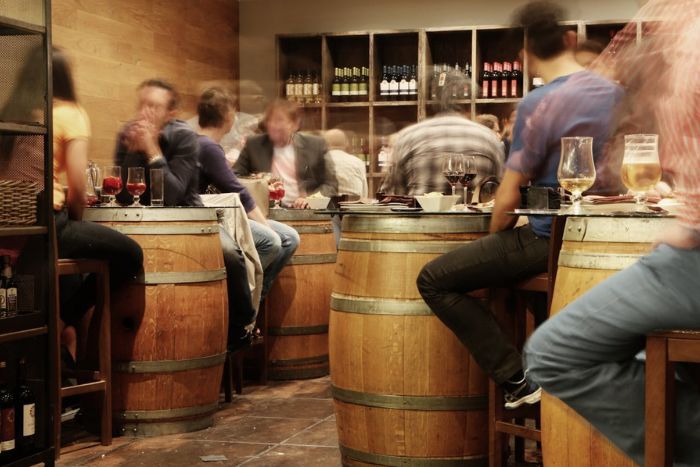
Wine has been a fundamental element in Spanish culture for centuries, shaping traditions, festivities and celebrations throughout its rich history. From ancient religious ceremonies to modern festivals, wine has been a symbol of friendliness, joy and community throughout Spain.
In this article, we will delve into the captivating world of Spanish wine, uncovering its deep-rooted connection to the country's cultural fabric and exploring how this cherished beverage has played a pivotal role in the lives and celebrations of Spaniards for generations.
Historical Context
In the historical context of Spain, wine has played a crucial role in culture and society for centuries. From the ancient winemaking practices of the Romans to the influence of Arab traditions on wine production, the history of Spanish wine is rich and diverse.
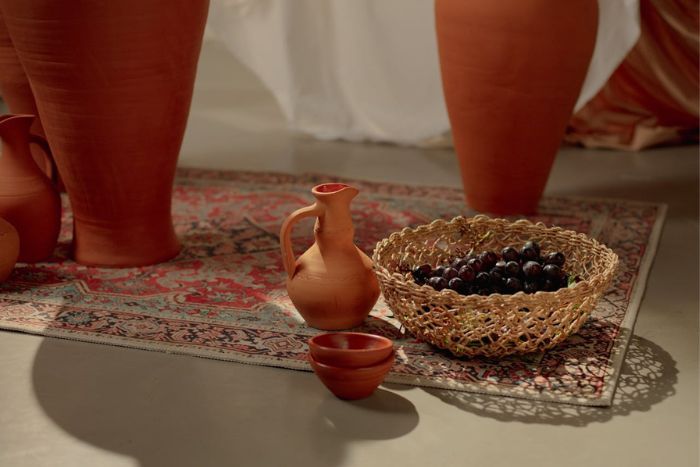
In the Middle Ages, monasteries played a fundamental role in the development and promotion of wine, establishing techniques that have endured to this day.
Over the years, Spain has cultivated a wide variety of native grapes that have given it a prominent position on the world wine scene. The country's geographical diversity has allowed the cultivation of different types of grapes in different regions, creating a wide range of unique flavours and styles.
Throughout its history, Spain has managed to position its wines as some of the most recognized and appreciated internationally, thanks to their exceptional quality and their deep-rooted connection with Spanish culture.
Regional Diversity
Each wine region in the country offers unique wines, with distinctive characteristics that make them stand out in the international market. For example, in the Rioja region, red wines are produced that are famous for their fruity flavour and vanilla aroma due to ageing in oak barrels.
In Catalonia, we find the famous cava, a sparkling wine made using the traditional Champenoise method that has gained worldwide recognition for its quality and freshness. In Andalusia, we are surprised by fortified wines such as Sherry or Montilla-Moriles, unique in their way of ageing under the solera and criaderas system.
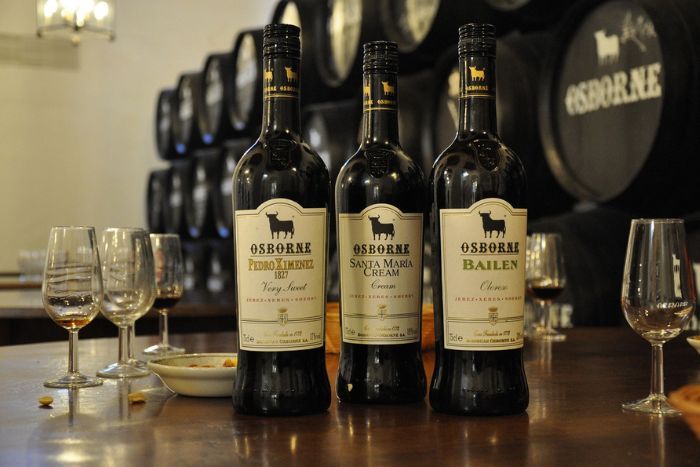
The diversity of wine regions in Spain allows wine lovers to explore an infinite variety of flavours and styles that represent the country's cultural richness.
Festivals and Celebrations
Festivals and celebrations around wine are an essential part of Spanish culture. In many regions, such as La Rioja or Catalonia, annual events are organised to commemorate the harvest and celebrate the country's rich wine tradition. These festivities often include local wine tastings, colourful parades and traditional music that enrich the cultural experience.
One of the most notable festivals is the Harvest Festival in Jerez de la Frontera, where the famous Jerez wine is celebrated. During this festival, locals perform equestrian shows and flamenco displays that reflect the joyful and festive spirit of Andalusia. Furthermore, in regions like Galicia, the Albariño wine festivals are an opportunity to enjoy the rural landscape, the aromatic white grapes and the typical folk dances.
£10
Special offer available for a minimum purchase of £99. Discount voucher valid for four weeks from issue date. Cannot be used in conjunction with other promotions except for the free delivery special offer.
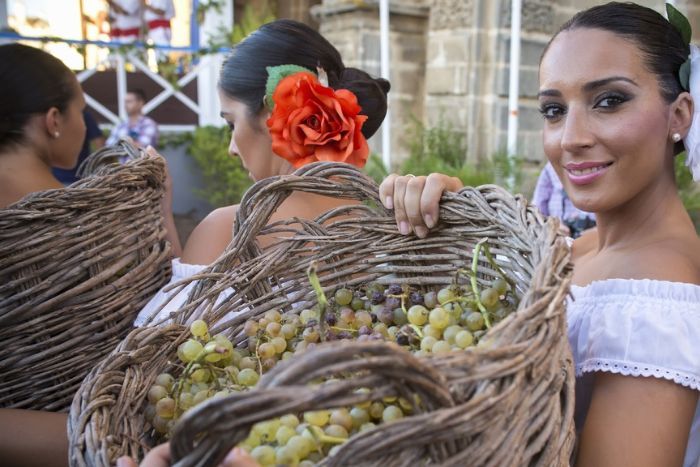
The connection between wine and celebrations in Spain is deep and historical, showing how this drink has permeated all aspects of social and cultural life. Each festival provides visitors with an authentic sensory experience that combines the best of Spanish wine heritage with the passion and joy characteristic of the Spanish people.
Discover Spain's top wine festivals in our article Spanish Wine Festivals.
Religious and Ceremonial Practices
In many places in Spain, wine is considered sacred and is used in various religious celebrations, such as the Catholic mass where it is used as a symbol of the body of Christ. In addition, there are ancient traditions in which wine is offered as an offering to the gods to promote a good harvest or divine protection.
Spanish wineries have also maintained ceremonial rituals for centuries, such as aging wine in oak barrels which is considered a sacred process that gives the wine its unique character.
In some regions, such as La Rioja or Jerez, parties and celebrations are held in honour of wine where offerings and toasts are made to commemorate the cultural and spiritual importance of this drink so deeply rooted in Spanish history.
Culinary Traditions
In Spain, each region has its unique culinary tradition that is perfectly complemented by its native wines, from the robust red wines of Rioja that perfectly accompany a delicious roast lamb, to the sparkling Catalan cavas that enhance the flavour of fresh seafood on the Mediterranean coast.
The geographical and climatic diversity of Spain is reflected in its wine variety, offering a wide range of flavours and aromas that adapt to any typical dish of the region. Additionally, there is an entire ceremony surrounding the act of eating and drinking in Spain, where sharing a good meal with friends and family is considered sacred.
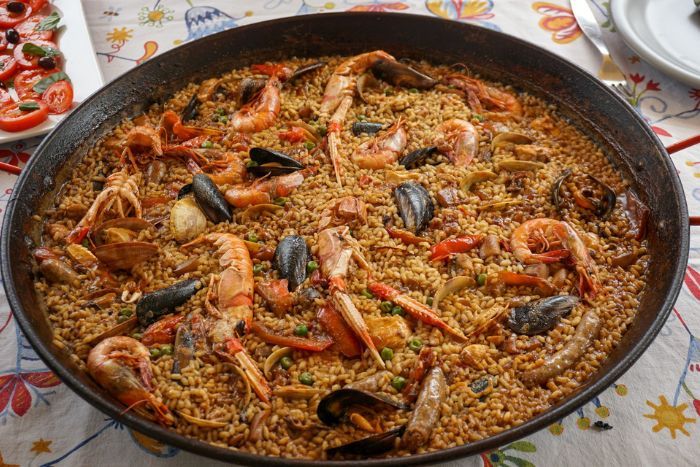
The cultural importance of wine on the Spanish table is undeniable since it not only accompanies meals but also creates a festive and welcoming atmosphere at any celebration or social gathering. Discovering this rich connection between Spanish wine and its culinary culture is to immerse yourself in a world full of authentic and historical flavours!
To further enhance your experience of Spanish cuisine and wine, don't miss our article on Spanish Food and Wine Pairings, where we explore the perfect matches between regional dishes and local wines, elevating your culinary journey to new heights.
Contemporary Trends
Currently, the wine scene in Spain is undergoing a revolution thanks to the proliferation of boutique wineries. These small wine houses are challenging traditional norms and exploring new grape varieties to create unique and exciting wines.
From regions like Galicia to Andalusia, winegrowers are working hard to introduce the world to the hidden gems found in their vineyards.
The use of new grape varieties is driving innovation in the Spanish wine sector, attracting both wine connoisseurs and new fans. Varieties such as Mencía in Bierzo or Bobal in Valencia are capturing the attention of critics and consumers alike due to their unique aromatic profiles and complexity on the palate.
This renewed interest in authenticity and craftsmanship is setting the standard in the culinary and cultural world, consolidating Spain as an undisputed benchmark in the contemporary wine field.
In conclusion, Spanish wine is not only a world-renowned beverage but also reflects the country's rich culture and tradition. Through centuries of history, Spanish vineyards have produced a wide variety of wines that captivate the senses and tell unique stories.
Spain's geographical and climatic diversity contributes to the uniqueness of its wines, each with its own personality and distinctive character. Immersing yourself in the world of Spanish wine is entering into a sensory journey that connects with the roots of a nation passionate about its wine heritage. Discover and enjoy the magic of Spanish wine!
You May Be Also Interested in
- Types of Spanish Wines
- Winemaking Process in Spain
- Viticulture in Spain
- Spanish Food and Wine Pairings
- Major Spanish Wineries and Producers
- Women Winemakers in Spain
- Spanish Wine Classifications
- Spanish Wine Festivals
- Spanish Rosé Wine Guide
- Sustainability and Organic Winemaking in Spain
- 5 Spanish Wines to Serve with Vegetable Dishes
- An introductory guide to Spanish wine
- Spain’s 10 most expensive red wines